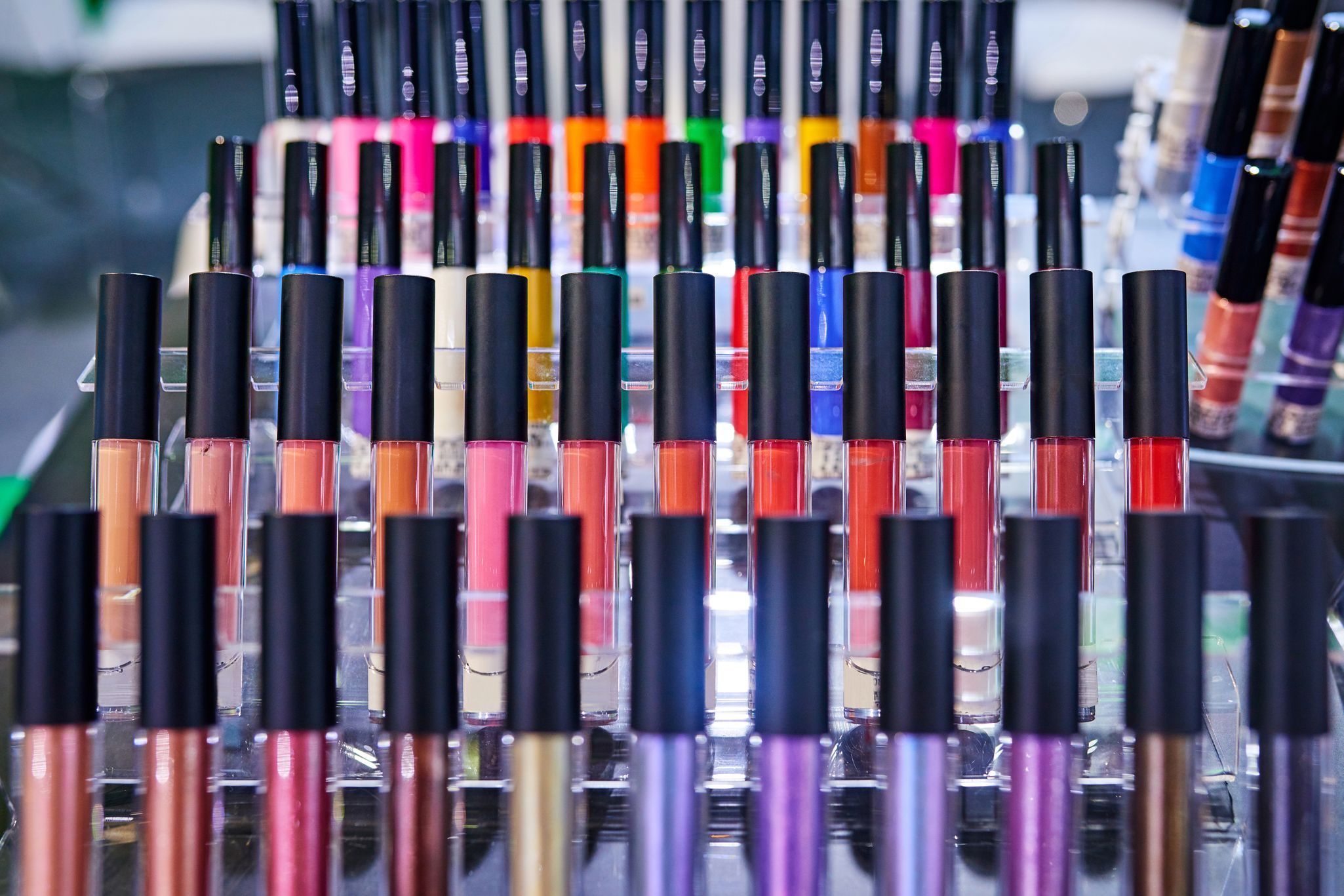
The Modernization of Cosmetics Regulation Act of 2022 (MoCRA), signed into law on December 29, 2022, as part of the year-end Consolidated Appropriations Act, 2023, added significant new requirements for manufacturers, packers, and distributers of cosmetic products (“responsible persons” under the Act) to Chapter VI of the Federal Food, Drug, and Cosmetic Act (FDCA). MoCRA, which was years in the making, marks the first significant U.S. cosmetics regulation reform since the FDCA was first enacted in 1938 and the Fair Packaging and Labeling Act in 1966. A majority of the new MoCRA requirements are set to take effect one year from enactment on December 29, 2023, with the exception of a few requirements that will take effect two to three years from enactment.
Key Provisions Under MoCRA
1. Serious adverse events related to cosmetics products must be reported to the FDA.
MoCRA added a new section 605 to the FDCA under which responsible persons must report "serious adverse events" associated with their cosmetic products to the U.S. Food and Drug Administration (FDA) within 15 business days after becoming aware of the event, and they must supplement this report at any time during the following year if they become aware of any new and material medical information related to the event. Records of any health-related adverse events must be maintained for six years (or three years for some small businesses). To facilitate adverse event reporting, newly added section 609 mandates that, within two years, cosmetic firms must include contact information on their product labels to enable reporting of adverse events to the responsible person.
2. Manufacturers and processors of cosmetic products will be required to register within one year.
Newly added section 607 of the FDCA provides that domestic and foreign facilities that manufacture or process cosmetic products for distribution in the U.S. must register with the FDA. (Note that firms that solely perform labeling, relabeling, packaging, repackaging, holding, and/or distributing of cosmetic products; entities that manufacture or process cosmetic products solely for use in research or evaluation; and establishments that manufacture only cosmetic ingredients are not required to register). In addition, responsible persons also must annually submit a list for each cosmetic product with the FDA, including its ingredients and information about where the cosmetic product is manufactured.
3. The safety of cosmetic products must be substantiated.
Under new section 608 of the FDCA, responsible persons must have and maintain “adequate substantiation” showing that each cosmetic product distributed is “safe.” Such substantiation must include tests or studies, research, analyses, or other evidence that is considered among experts sufficient to support "a reasonable certainty that a cosmetic product is safe." Products lacking such substantiation will be deemed to be adulterated and subject to enforcement action.
4. Cosmetic labels must include new information.
Newly added section 609 of the FDCA requires that, within one year of enactment, the labels of cosmetics products intended for professional use must include the same information that is required for products intended for sale to consumers and must also state that the product is for use by licensed professionals only. In addition, MoCRA requires the FDA to issue regulations concerning the disclosure of fragrance allergens in product labeling. Once this regulation is finalized, firms will be required to identify each fragrance allergen in both consumer and professional-use products.
5. The FDA has the authority to order mandatory recalls and suspend manufacturing facilities registration.
Under new section 611, the FDA will have mandatory recall authority over cosmetics if it determines that there is a reasonable probability that a cosmetic is adulterated or misbranded such that exposure to the product could cause serious adverse health consequences or death. Further, new section 607 allows the FDA to suspend the registration of a facility if it determines that a cosmetic product manufactured by that facility has a reasonable probability of causing serious adverse health consequences and other products manufactured by the facility may be similarly affected. Once suspended, a facility may not introduce any cosmetic products into commerce until its registration is reinstated.
6. MoCRA requires the FDA to create regulations establishing good manufacturing practices.
Newly added section 606 directs the FDA to publish a proposed rule within two years that will establish good manufacturing practice regulation for cosmetics that are consistent with national and international standards, such as ISO 22716. A final rule must be issued no later than three years after enactment. Thereafter, a cosmetic product that has been manufactured or processed under conditions that do not meet these regulations will be deemed to be adulterated.
What to Do Now
Cosmetic firms should carefully review MoCRA’s provisions and their own policies and procedures to determine where gaps exist that may hinder compliance. In particular, companies should take the following steps.
- Develop SOPs for handling adverse events. If one does not already exist, cosmetic firms should establish adequate policies and procedures for collecting and responding to adverse event information.
- Develop cosmetic safety substantiation. Cosmetic firms should develop a comprehensive list of all cosmetic ingredients and finished products and create product files adequately substantiating their safety. For well-established ingredients, safety may have been established by industry organizations such as the Cosmetic Ingredient Review. For novel ingredients or novel uses of such ingredients, it may be necessary to conduct studies necessary to meet the Act’s substantiation standard.
- Prepare for new labeling requirements. Cosmetic firms should closely monitor upcoming rulemakings concerning cosmetic labeling, with an eye toward timely label updates once new requirements take effect.
- Review corporate disclosures. Companies should continue to assess the risks and effects of MoCRA, at both the company and industry level. Companies should review existing marketing materials and disclosures in their regulatory filings. Companies exploring strategic transactions should pay particular attention to diligence and disclosure schedules.
- Anticipate an uptick in demand letters and consumer class actions. In view of these new and enhanced requirements, companies should anticipate significantly more threatened litigation with respect to MoCRA in the beauty and wellness industries.
- Carefully monitor. Companies should work with their counsel to actively monitor the FDA’s rulemaking activity and enforcement actions with respect to MoCRA and its implementation.
Contact Us
Wilson Sonsini provides cross-functional legal support to help companies navigate complex legal issues in connection with regulation reform. For more information, please contact Georgia Ravitz, Eva Yin, Jamie Ravitz, Paul Gadiock, or David Hoffmeister in the firm’s FDA regulatory, healthcare, and consumer products practice, Colleen Bal or Josh Baskin in the firm’s complex litigation and investigations practice, or Jeana Kim or Ashley Schmidt in the firm’s corporate practice.
Contributors
- Privacy Policy
- Terms of Use
- Accessibility


